Trusted AI
Redefining AI for a new Washington.
Modern life as we know it would not function without artificial intelligence (AI)
From search algorithms to digital assistants to security and ID verification. However, 2020 and 2021’s unique stresses have amplified policymakers’ concerns about the social, economic, and security implications of AI. Many members of Congress are focused on how AI-enhanced tools can facilitate racial and gender bias across all corners of American life. Still, others hold anxieties over whether AI could replace human workers and decision-makers.
AI can facilitate sophisticated information and real-world warfare with life-and-death implications. And, in the COVID era, health policy leaders fret that AI applied to public health may contribute to pre-existing inequities in care and outcomes.

Bipartisan AI
Two bills that call for the implementation of the National Security Commission on Artificial Intelligence’s (NSCAI) recommendations to bolster AI-related research and development, talent recruitment and transparency efforts in the government.
Help create and implement a blueprint for the National AI Initiative Act
For the National AI Initiative Act, White House Office of Science and Technology Policy and the National Science Foundation announced a newly formed National Artificial Intelligence (AI) Research Resource Task Force. This Task Force will create the road map for expanding access to critical resources and educational tools that will ignite AI innovation and economic prosperity nationwide.
This first-of-its-kind policy would attempt to regulate emerging technologies before they become mainstream. European Commission President Ursula von der Leyen urged the United States to join Europe in writing a new set of rules for the internet, with the goal of creating a digital economy rulebook that may be implemented worldwide. Europe’s comprehensive policy proposal may set the stage for the foundation to spur trans-Atlantic cooperation and introduce a common regulatory scheme over consequential emerging technologies.
Biden’s Innovate In America plan touts AI’s potential to boost American “soft power”, and encourages R&D of AI-aided tech across society. However, Biden has also promised a transformative racial and gender equity agenda that may lead the Administration to require more transparency and accountability for AI firms to cut bias in their algorithms.
However, congressional Democrats’ surprise underperformance in the 2020 elections has led the party’s leadership and moderates to push back on progressive policies and messaging. With the 2022 midterm elections further pulling the party to the right, pro-business and pro-tech moderates may have even more influence in shaping the Democrats’ technology policy in the next two years.
President Biden’s proposed jobs and infrastructure package encompasses manufacturing, climate change, and racial justice that could touch on technology and AI. Congress could also jump-start bicameral privacy and antitrust policy debates with broad implications for the AI industry. Similarly, annual defense policy bills often deal with AI in the national security sphere, including its R&D and ethical usage. Finally, legislation to respond to the COVID pandemic under President Biden has a better chance of addressing contact tracing and similar applications further integrating AI into the public health space.
In this landscape, the diverse AI industry has a chance to seize back the conversation and work with international experts: pooling national and international resources to address common misconceptions and questions about the industry and pushing a solid, criteria-based, workable national AI policy.
Our Scope of Work

Our combined resources will monitor federal policy, provide strategic analysis, gather intelligence on upcoming congressional and White House Action, create tailored messaging and meeting collateral, and engage in lobbying efforts when necessary to advance the Coalition’s goals and prevent detrimental policies. The following activities are included as part of our proposed scope of work:
“Deep Dive”
and stakeholder mapping
Crafting and telling our membership stories on trusted and ethical AI
Comprehensive government relations strategy development
Targeted, smart advocacy
Third-party engagement and coalition-building
Digital advocacy
Active monitoring and analysis
Internal Communications
Want to bring together our members
